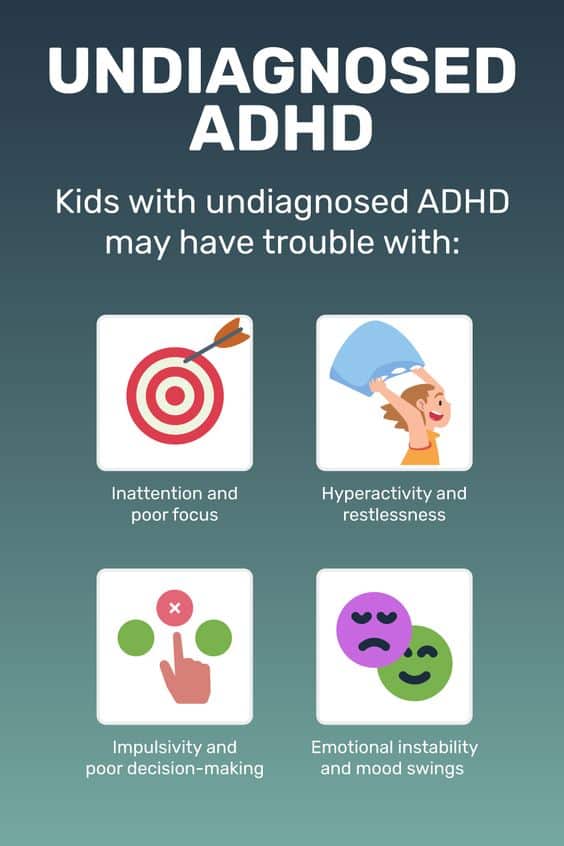Neurodevelopmental disorders can show up in different ways. Here are some common signs parents might notice:
- Delayed milestones: Not reaching developmental markers on time
- Learning difficulties: Trouble with reading, writing, or math
- Communication issues: Problems with speaking or understanding language
- Social challenges: Difficulty making friends or understanding social cues
- Behavior problems: Frequent tantrums or trouble following rules
- Attention issues: Being easily distracted or having trouble focusing
| Area Affected |
Possible Signs |
| Motor Skills |
Clumsiness, poor coordination |
| Cognitive Function |
Slow processing, memory issues |
| Sensory Processing |
Over or under-sensitivity to stimuli |
If you notice any of these signs in your child, don’t panic. Many kids show some of these behaviors at times. But if you’re concerned, talk to your pediatrician. They can help determine if further evaluation is needed.
This post was originally published on Feb. 20, 2023. It was updated on July 5, 2024.











